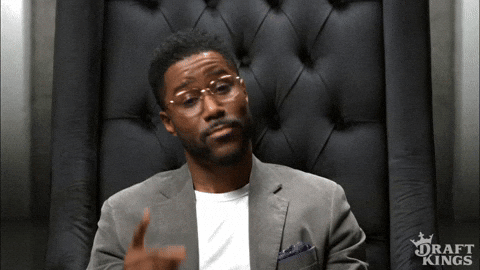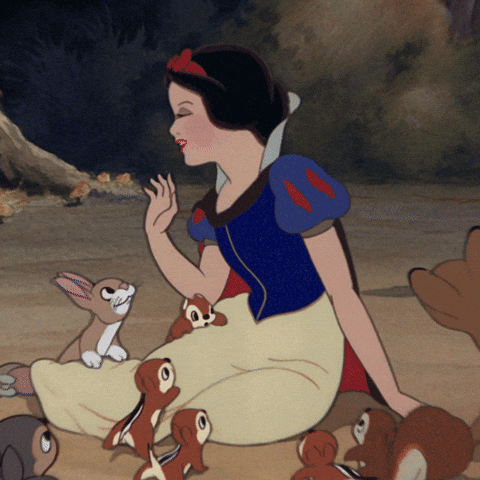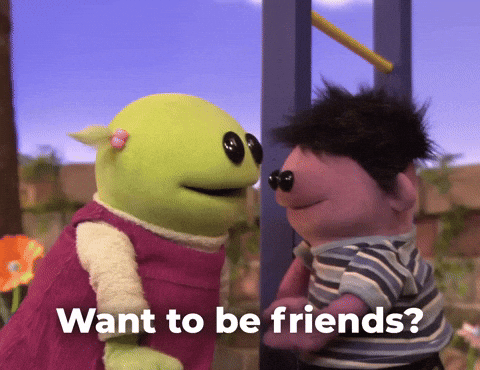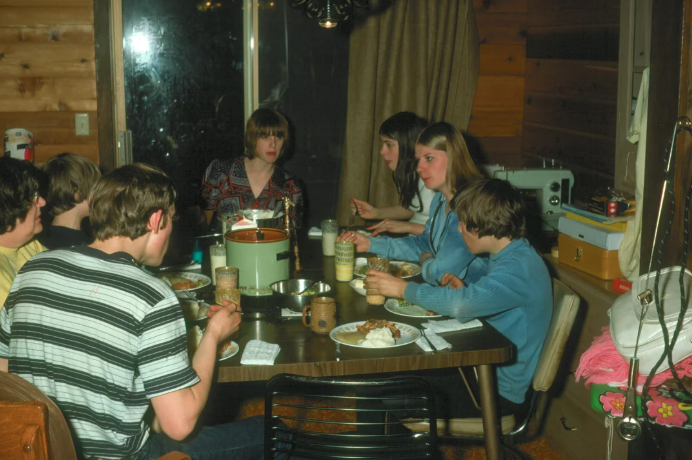Americans are more interested in politics than ever these days. More voted in the 2020 election than in any other in the past 100 years. Over 65% of the voting-eligible cast a ballot in the contentious fight between Joe Biden and Donald Trump.
“People are very excited and paying attention even though there are all this bad news and high ‘wrong track’ numbers in the country,” Nancy Zdunkewicz, managing editor at Democracy Corps, told The Hill.
It’s wonderful to see that a greater number of Americans are standing up to be counted and demanding their voices be heard. But it’s also the symptom of a deep level of discontent many people feel about their country.
Apathy is toxic to democracy, but it’s also a sign that things are going well. In a healthier America, we’d spend a lot more time focusing on the innovations, people, and culture that make this country great rather than the daily circus being performed by its political class.
America’s political reawakening has also led to deeper divides between liberals and conservatives. This chasm is more than just a political fight but window dressing for a growing distaste between fellow citizens rooted in geography, class, education, and race.

Throughout the entire election cycle, talking heads have repeatedly claimed that a president Joe Biden would work to “unite” and to “heal” America. While his victory was definitely a signal that the majority of Americans want to return to a less abrasive version of politics, it will do little to heal the political divide.
A Biden presidency won’t stop social media from dividing people up into bubbles or suddenly change half of the country’s mind on abortion.
A 2019 poll from Pew Research found that nearly 80% of Americans think the division between Republicans and Democrats is getting worse.
However, there may be hope for America if, as individuals, we take a more holistic look at how we participate in our democracy. In a new “Brief But Spectacular” take for PBS, Citizen University CEO Eric Liu shared his inspiring new way forward.
“I think people have a misconception that democracy is about voting,” Liu begins. “But I think the deeper thing is how do you exercise the full breadth of your power.”
Liu uses the example of his immigrant parents to show a way of participating in a democracy that goes far beyond “owning the libs” on Twitter or canceling someone for having a conservative opinion.
“They joined things. They showed up for things,” he said. “They knew that to live in society is not just to retreat to your tiniest bubble. But to try to be part of something greater than yourself.”
“I think one of the best ways to teach children about civic engagement is to just weave it into a mindful approach of everyday life,” Liu adds.
Their work obviously paid off. Liu has worked in both the Bill Clinton and Barack Obama administrations and as the CEO of Citizen University, he creates programs on civic power and character that span age, race, region, and ideology.

“Let’s walk around our neighborhoods and let’s ask questions about what we see,” he continues. “Do you notice that there doesn’t seem to be a bus stop where we live? Do you notice that there’s only fast food stores in this neighborhood?”
“Everything we see is the external deposit of a whole bunch of internalized choices about power, about responsibility, and about what we are supposed to do to create a healthy, thriving community,” Liu said.
Liu knows we have numerous problems whether it’s how people of color are treated by police or the quality of our public health systems. However, instead of looking to leaders or parties, he believes we should take direct action by asking “how can I show up?”
Liu invites us to look deeper than the “visible game of partisan politics” and to investigate the “deeper game of our values” and “willingness to accept responsibility.”
He calls out for a critical mass of Americans who want to change the tide of division to show up “over and over again” to “rekindle the belief that democracy can work for all of us.”
As Liu illustrates, being part of a democracy is about a lot more than voting or cultivating a deeply-held set of political views that are never put into action.
In today’s America, most people are paying attention to the national news and the big names from two political parties. But while most of our eyes have been affixed on Washington, there’s probably a pothole at the end of the street or someone pitching a tent in the park to have somewhere to sleep.
If Americans cared a little less about their partisan identities and recast themselves and others as citizens, it’d go a long way towards cooling some of the partisan rancor. It’d probably result in a few more fixed potholes as well.


































